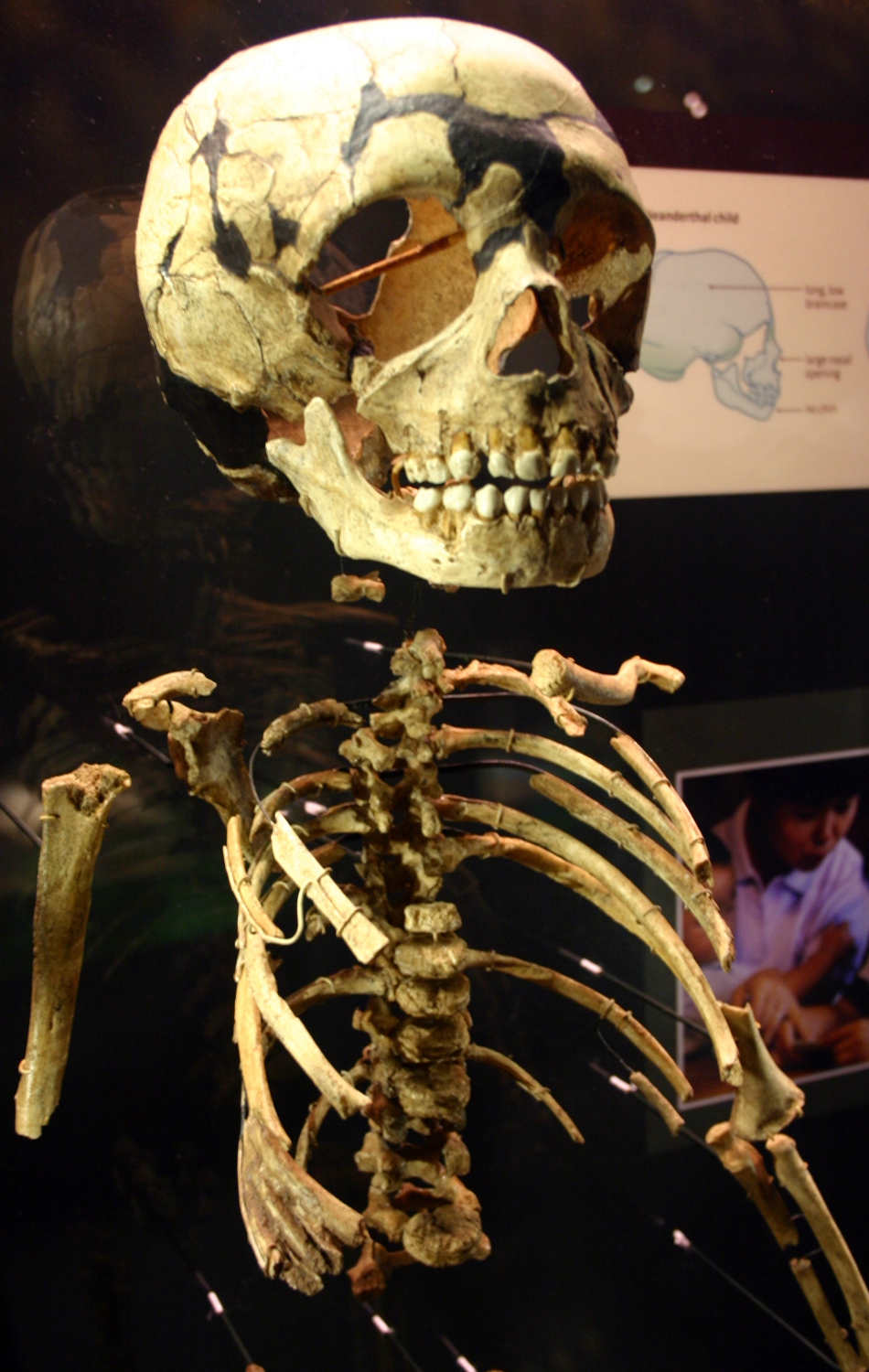The Rev. Dr. Ronald Cole-Turner spoke at the fourth Festival of the Genome event “Finding the Human in the Genome.” Cole-Turner is a professor of theology and ethics at the Pittsburg Theology Seminary.
Cole-Turner led discussions about ethical issues in science and the coexistence of science and religion. He talked about humans’ origin through earlier human-like species such as the Neanderthals and their probable cousin the Denisovans, found in modern day Russia.
“The human genome hints at a new vision of humanity where science actually deconstructs religious ideas,” Cole-Turner said.
The ethical issue he discussed is putting human cells into non-human species like mice. He wonders if it would cause “humanized mice” and wonders if humans deliberately blur ethical lines by “putting human cells into mice.”
Cole-Turner addressed the human blueprint.
“DNA isn’t the whole story—it’s DNA, microbes and what you had for lunch that makes us who we are,” he said.
Neanderthals were a subspecies that existed at the same time as early modern humans, but became extinct. Scientists discovered a finger bone in 2010 believed to be from a previously unknown species, dubbed the Denisovans, thought to be another in the line of predecessors to modern humans.
“Most of us, probably all of us have some form of Neanderthal ancestry,” Cole-Turner said. He spoke about the probable areas they lived, migrated and interbred with one another.
“Gene sequencing has added a new technology to paleo anthropologists,” he said.
He called it a “dead end” question—it has not been fully proven that these species were human, or whether they were a separate species.
“We have strong evidence today to suggest humans today are the result of interbreeding,” he said. “It would answer our differences, but need to not see superiority in one race or another.”
He talked about the idea of human existence as a work in progress.
“Science threatens human dignity and through technology it further erases what it’s already deconstructed,” he said. “The human genome is delivering a more complicated picture, not a clearer one.”
“The event was reflective on what people consider to be their moral standards,” said Melissa Bikowitz, freshman pre-med.
The final genome event, “The Human Genome and the Internet: Growing Up Together” is on Nov. 17. The reception begins at 6 p.m. and the lecture begins at 7p.m at the Nelson Poynter Memorial Library.
Photo courtesy of Ryan Somma



